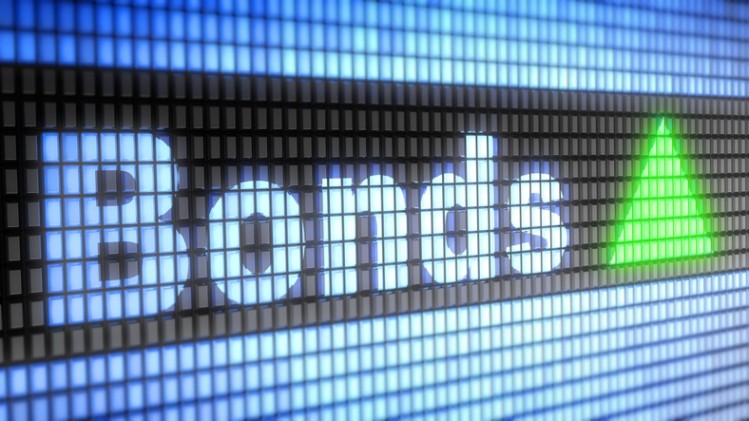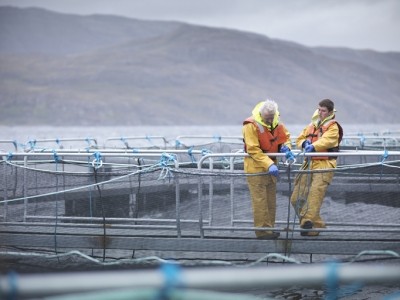Planet Tracker: Green bonds can help embed and scale effective sustainable practice in aquaculture

We have reported on numbers accelerator programs and initiatives like FEED-X aimed at securing the necessary capital for upfront research and development of these novel ingredients as well as ensuring industry backing for the novel feeds.
However, a new report - Bonds for Ponds - from non-profit financial think tank, Planet Tracker, argues that while keystone actors in this space are already moving towards novel feeds, the pace of that transition could be – and probably should be – significantly accelerated, to alleviate pressure on threatened ecosystems.
“Skretting, for instance, allocated US$2M in 2019 for the development of novel aquaculture feed ingredients. However, that research and development spending only represented 0.07% of its sales that year,” wrote the not-for-profit group.
Planet Tracker says green bonds can help provide the capital needed to accelerate the development of novel ingredients for fish feed, and can also generate positive outcomes for lenders, feed producers and aquaculture firms.
The think tank’s latest report outlines how a green or blue bond – the latter being ocean-focused – is a debt instrument issued by governments, development banks or others to raise capital from investors to finance projects with positive environmental, economic and climate benefits.
“Green bond issuance has risen rapidly in recent years, climbing to US$262bn worldwide in 2019.”
Green Bond principles were published in June 2018 by the International Capital Market Association (ICMA).
Initiatives by key aquaculture players
The success of the recent green bonds issued by aquaculture companies Mowi and Grieg Seafood, the first ever in the seafood sector, demonstrates how lenders to the aquaculture sector can constructively engage with corporate sustainability strategy, said Planet Tracker.
Both Mowi and Grieg Seafood’s schemes bind their issuers to a Green Bond Framework, which outlines, in particular, how proceeds can be used, it added.
It noted that both bonds were significantly oversubscribed with, for instance, demand for Mowi’s €200M issuance over €700M.
“Both were rated ‘medium green’ (the second-best rating) by Cicero, a provider of second opinions on green bonds.
“In both cases, a key concern from the rating provider was that deforestation-linked soy could end up in Mowi’s and Grieg Seafood’s supply chains despite their commitment to source from certified suppliers. Grieg Seafood, therefore, excluded Cargill Aqua Nutrition from the proceeds of the bond until its parent-company (Cargill) has reduced its soy-related deforestation-risk in Brazil. Cargill’s removal was, reportedly, a key reason that the bond was rated ‘medium green’ rated rather than ‘light green’.”
Mowi’s Green Bond Framework does not specifically mention novel fish feed ingredients but it does contain a requirement on 100% deforestation-free soy as verified by ProTerra certification or by a certification scheme with equivalent requirements, ensuring segregation of certified and noncertified soy in the supply chain, commented the think tank.
Among other potential projects financed via Mowi’s green bond are investments and expenditures related to fish farms and processing facilities certified, or in preparation to become certified, by the Aquaculture Stewardship Council (ASC) salmon standard.
Embedding sustainability, boosting reputational value
“For aquafeed companies, debt issued to embed and scale effective sustainable practice in aquaculture not only offers gains to long-term corporate sustainability, but benefits operational, reputational and financial factors,” continued Planet Tracker.
Greater liquidity and agility will help to overcome projected supply side constraints, so growth can be achieved both sustainably and efficiently, said the think tank.
“The appetite for the Grieg and Mowi green bonds indicates that a transition to sustainability can be assisted through debt markets. Transaction costs are likely to decrease as this practice becomes more common and as the process becomes more streamlined.”















